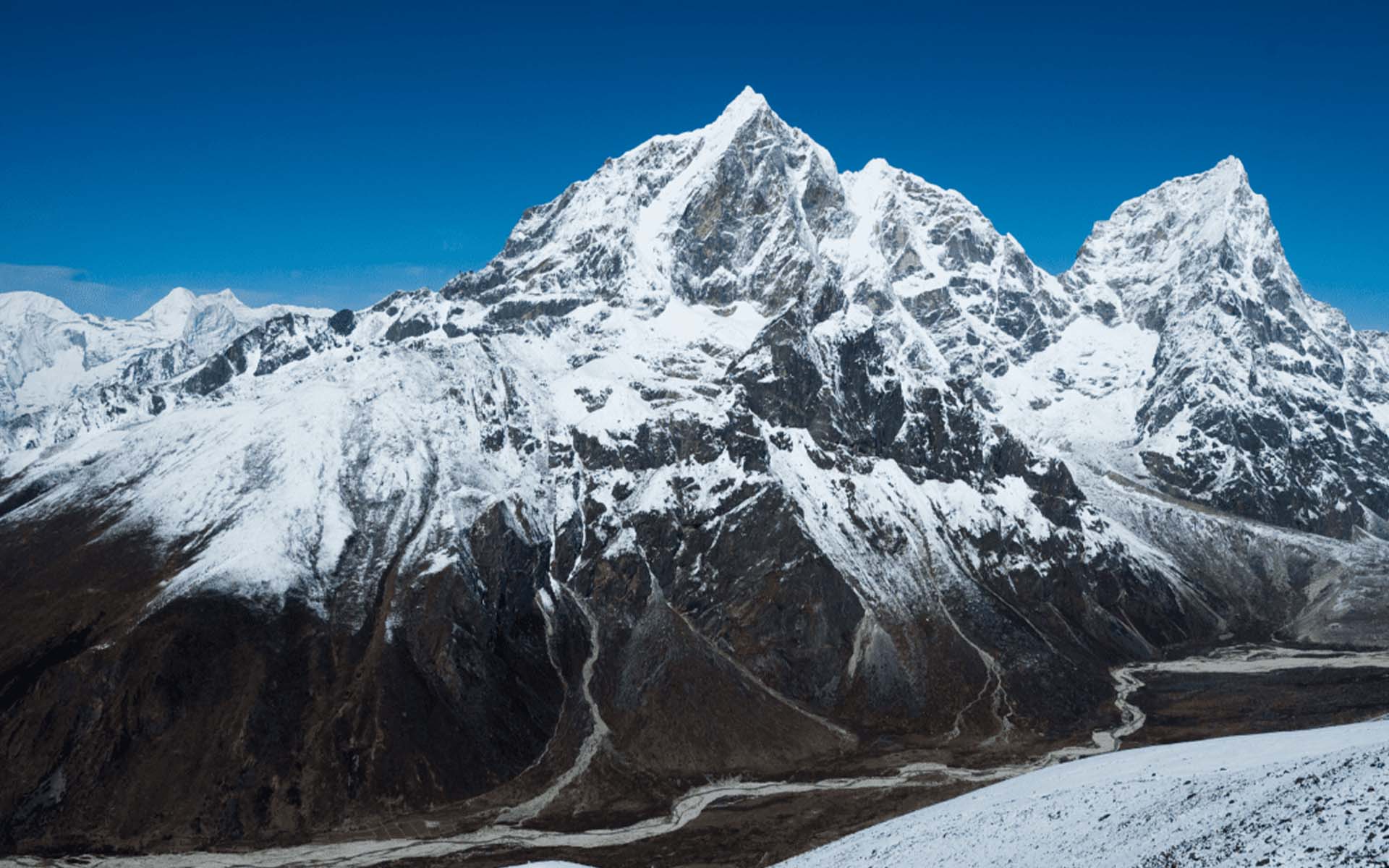
Under the theme “Stories from the Summit: Mountains from the Bangladeshi Eyes” to observe the International Mount Everest Day – 2025, this program was organised. We observe May 29th of every year as the International Sagarmatha (Mt. Everest) Day to commemorate the first successful ascent of the world’s highest peak, Sagarmatha, by Sir Edmund Hillary of New Zealand and Tenzing Norgay Sherpa of Nepal who on 29 May 1953 became the first humans to stand atop this majestic mountain.
Over the past 72 years, Mount Everest has witnessed countless milestones, with records being set and broken by thousands of Nepali and international climbers. Mountaineering has continued to remain a global passion drawing climbers from all walks of life. Many of them have pushed beyond limits and made outstanding achievements in the history of mountaineering.
From the extraordinary feat of Kami Rita Sherpa, who has summited Mt. Everest for an unprecedented 31st time on the 27th of May 2025, i.e. just four days ago, to the remarkable climbers who reached the summit without supplemental oxygen, and those who climbed in record-breaking time—the mountain bears witness to accomplishments as lofty as its own towering height.
Mr. Ikramul Hasan Shakil’s successful ‘sea to summit’ campaign is one such incredible milestone. His ascent of the world’s tallest peak on 19 May 2025, after a 1300 KM journey on foot – from Inani Beach, Cox’s Bazar to the Summit of Mt. Everest in just 84 days is indeed a historic feat. With this, Shakil has become a living link between the depths of the Bay and the heights of the Himalayas.
Let me also congratulate the members of all-women team of mountaineers who made history last December by scaling three mountain peaks in Nepal’s Langtang region. The five brave Bangladeshi women (Nishat Majumder, Yasmin Lisa, Arpita Debnath, Mousumi Akhtar Ap, and Tahura Sultana Rekha) did more than just climb mountains. In their expedition titled ‘Sultana’s Dream Unbound’, they not only conquered heights but also defied expectations and became powerful symbols of what women can achieve.
Their journey was more than a physical conquest—it was a fitting tribute to Sultana’s Dream, a classic text of Bengali feminist literature written in 1905. These acts of bravery and resilience demonstrated by Shakil and the five women mountaineers constitute not just our shared pursuit of success but also our deep, enduring relationship with the mountains.
‘Sagarmatha’, the Nepali name for Mount Everest, beautifully translates into ‘top of the sky’. As the ‘earth’s final staircase to the sky’, Sagarmatha is an awe-inspiring symbol of natural majesty and human adventure. But for Nepal and Nepali people, it is also a ‘silent ambassador to the world’ representing us, not through force or power, but through wonder. As an embodiment of bravery and resilience, it is a marker of our identity.
As you all know, Nepal proudly hosts eight of the world’s ten tallest mountains including Mt. Everest. These mountain peaks are more than just breathtaking landscapes. They feed mighty rivers, sustain rich biodiversity, and provide fresh water to a vast population of South and Southeast Asia. But today, our entire Hindu Kush Himalayan range has become the ground zero of climate crisis.
Glaciers are shrinking. Ice sheets are thinning. Snow cover is vanishing—more rapidly and extensively than ever before. The consequences are alarming: 240 million people in the mountains, and 1.65 billion more downstream, face threats to their homes, health, and future. On this day, we must, therefore, reflect on the importance of sustainable mountain development and environmental stewardship.
We must come together—across borders, disciplines, and generations—to safeguard these fragile ecosystems and shield the Himalayas from the accelerating impacts of climate change.
We must put ‘mountain agenda’ at the heart of global climate negotiations. It was not least in this light that the Government of Nepal hosted, in Kathmandu from 16 to 18 May 2025, the first edition of Sagarmatha Sambaad under the theme of ‘Climate Change, Mountains, and the Future of Humanity.’
The Sambaad brought together world leaders, scientists, think tanks, mountaineers, and affected communities to deliberate on the importance of mountains and to reaffirm their commitment to addressing the impacts of climate change.
(The article is the edited version of remarks delivered by Nepal’s Ambassador to Bangladesh H.E. Ghanshyam Bhandari, at the 72nd International Mount Everest Day – 2025.)